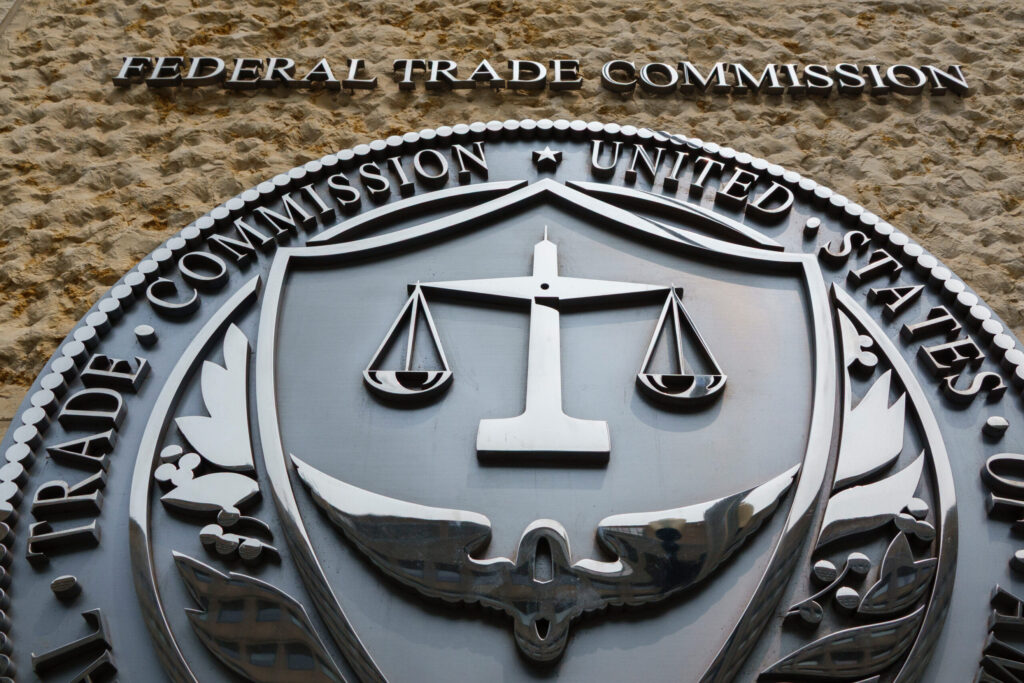“`html
FTC Has Long Said Products Must Back Up Health Claims. A MAHA Lawsuit Would Upend That.
The Federal Trade Commission (FTC) has historically enforced a clear rule: any product that makes health claims must have robust scientific evidence to back those claims. This stance ensures consumer protection by preventing misleading advertising, particularly in the supplement and consumer wellness markets. However, a recent lawsuit involving the Manufacturers Association for Herbal Alternatives (MAHA) threatens to upend these long-standing FTC regulations, injecting uncertainty into the regulatory landscape for dietary supplements, cosmetics, and related products.
The FTC’s Traditional Role in Health Claim Enforcement
For decades, the FTC in partnership with the Food and Drug Administration (FDA) has maintained rigorous standards that require companies to substantiate claims about the health benefits of their products. This covers a broad range of items including dietary supplements, food powders, beverages, and antimicrobial products. The FTC’s enforcement actions typically focus on false advertising or unsubstantiated claims, warning companies and pursuing legal action to protect consumers.
According to a report by KFF Health News, the MAHA lawsuit challenges this framework by arguing for less stringent evidentiary requirements. If successful, this would allow manufacturers to make certain health claims without the level of scientific substantiation the FTC currently demands.
Implications of the MAHA Lawsuit on Regulatory Compliance
The lawsuit brings to the forefront concerns about consumer safety and the integrity of regulatory science. Reduced oversight could open the floodgates for misleading health claims, threatening consumer trust and public health. For manufacturers and brands, this would translate into a complex landscape, where the risk of non-compliance and enforcement actions remains high but less clearly defined.
In this environment, quality control and rigorous product testing become more vital than ever. Voluntary standards, ISO certifications, and regulatory compliance lab services will serve as pillars for manufacturers seeking to maintain credibility and cease risk exposure.
How Qalitex Ensures Compliance Amid Regulatory Uncertainty
Located in Irvine, California, Qalitex is an ISO 17025–accredited microbiology and analytical-chemistry laboratory specializing in testing dietary supplements, cosmetics, food powders, beverages, and antimicrobial products—key product categories affected by FTC health claim scrutiny. Qalitex’s comprehensive regulatory compliance lab services empower brands to verify their product safety and claim substantiation before market launch, mitigating risks in a shifting regulatory environment.
Key value propositions and service clusters offered by Qalitex include:
Accreditation & Compliance
- ISO 17025 accredited testing laboratory ensuring precision and reliability
- FDA compliant product testing for supplements and consumables
- USP AOAC validated methods for scientifically rigorous analysis
- Regulatory compliance lab services tailored for current and emerging guidelines
- Certificate of Analysis (CoA) testing for claim substantiation and supply chain transparency
Core Lab Services
- Microbiology testing services to ensure microbial safety of products
- Analytical chemistry lab testing for composition and active ingredient verification
- Heavy metal analysis for supplements to meet safety and regulatory thresholds
- Shelf-life and stability studies that validate product longevity claims
- Method development and validation lab services customized for unique product matrices
By leveraging these services, Southern California-based manufacturers and national brands can solidify their capacity to meet or exceed FTC, FDA, and other regulatory demands — even as the MAHA lawsuit introduces potential shifts.
Conclusion
The FTC’s requirement that health claims be substantiated stands as a cornerstone of consumer protection, but emerging legal challenges such as the MAHA lawsuit risk diluting these standards. For manufacturers, maintaining scientific validation through trusted, accredited laboratories like Qalitex is the best defense against regulatory ambiguity and reputational risk. Qalitex’s Southern California location and expansive certified testing services make it an ideal partner for turning compliance complexity into competitive advantage.
Ready to ensure your health claims are fully backed by quality lab evidence that meets or exceeds regulatory standards? Get a quote from Qalitex today and secure your product’s future in a changing compliance landscape.
Frequently Asked Questions (FAQs)
How does the FTC’s requirement for health claim substantiation affect dietary supplement manufacturers?
The FTC mandates that health claims on dietary supplements be supported by competent and reliable scientific evidence to avoid false or misleading advertising. This means manufacturers must conduct or provide third-party testing and studies that substantiate these claims before marketing their products.
What could the MAHA lawsuit mean for future FTC enforcement on health claims?
If the MAHA lawsuit succeeds, it might lower the burden of proof required for health claims, potentially leading to broader latitude for manufacturers. This could decrease regulatory certainty and increase the risk of false or misleading health claims entering the market.
Why is ISO 17025 accreditation important for laboratories testing dietary supplements and cosmetics?
ISO 17025 accreditation certifies that a lab follows strict international standards for testing competence, quality, and reliability. Using an ISO 17025 accredited laboratory like Qalitex ensures test results are accurate and accepted by regulatory bodies.
What types of tests does Qalitex offer to help with regulatory compliance for products making health claims?
Qalitex offers microbiology testing, analytical chemistry tests, heavy metal analysis, shelf-life and stability studies, and Certificate of Analysis (CoA) testing that support substantiating health claims under current regulatory standards.
How can Southern California supplement brands use Qalitex to prepare for changes due to the MAHA lawsuit?
Brands can partner with Qalitex’s regulatory compliance lab services to proactively validate product claims, conduct method validation, and generate high-quality CoAs. This preparation helps mitigate risk regardless of legal and regulatory shifts.
What makes Qalitex a one-stop quality-control partner for consumer products?
Qalitex’s comprehensive service menu—covering ISO 17025 accredited testing, microbiology, and analytical chemistry to method development and validation and stability testing—together with local Southern California service and quick turnaround times—positions it as a vital resource for productivity, compliance, and brand trust.
“`





